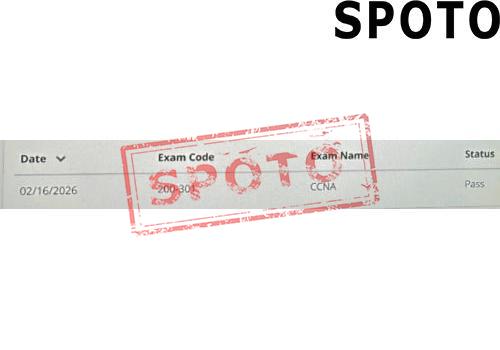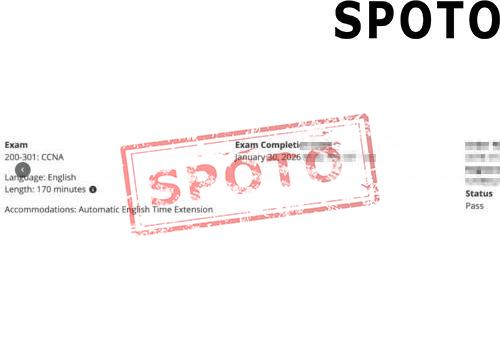
Table of Contents
Picture this: you're at the forefront of data innovation, designing the backbone of modern digital infrastructure. You handle vast amounts of data, optimize storage solutions, and ensure seamless access to critical information for organizations around the world.
If you're passionate about technology, problem-solving, and shaping the future of data management, becoming a Storage Engineer might be your ultimate career move. It's a role that combines technical expertise with strategic thinking, offering a dynamic environment with incredible growth potential.
1. What is a Storage Engineer?
A Storage Engineer specializes in designing, implementing, and maintaining data storage solutions that are efficient, secure, and scalable. As data continues to grow exponentially, organizations rely heavily on storage engineers to manage their data infrastructure, ensuring data availability and integrity.
Duties & Responsibilities:
- Designing and deploying storage architecture tailored to organizational needs
- Configuring and maintaining storage hardware and software solutions
- Monitoring system performance and troubleshooting issues
- Implementing data backup, recovery, and disaster recovery plans
- Ensuring data security and compliance
- Optimizing storage systems for speed and efficiency
- Collaborating with IT teams for seamless integration
A strong understanding of network and data management principles is essential. Certifications like CCNA can greatly enhance your credibility in network infrastructure, which is often intertwined with storage solutions.
The work environment is typically an IT data center or a corporate office, where storage engineers work closely with systems administrators, network engineers, and cybersecurity teams to create a unified data infrastructure.
Similar Specializations and Career Paths:
- Data Center Engineer
- Network Engineer
- Cloud Storage Engineer
- Data Analyst
- Infrastructure Architect
Storage engineers often evolve into roles like Data Architects or Cloud Solutions Architects, guiding organizations in leveraging cloud storage platforms like AWS, Azure, or Google Cloud.
2. Why choose to become a Storage Engineer?
Salary Range
The demand for skilled storage engineers is on the rise, driven by the ever-increasing data volume across industries. The average salary ranges from $80,000 to $130,000 USD annually, depending on experience, certifications, and location. Entry-level roles start around $60,000, while senior positions with specialized expertise can exceed $150,000.
Job Outlook
The job outlook is very favorable, with a projected growth rate of 11% from 2024 to 2034, much faster than average for all occupations. As organizations adopt data-centric strategies and move to hybrid cloud environments, the need for proficient storage engineers continues to rise.
Other Advantages
- High Demand: Organizations of all sizes require skilled storage solutions, providing abundant job opportunities.
- Cutting-Edge Technology: Work with the latest trends like data deduplication, storage virtualization, and cloud storage.
- Career Growth: Opportunities to advance into management or architecture roles.
- Impactful Work: Play a vital role in data security, disaster recovery, and operational efficiency.
3. How to Become a Storage Engineer?
Step 1: Build a Strong Foundation in Networking and IT
Start with foundational knowledge in networking and IT infrastructure. The Cisco CCNA certification is an excellent starting point—covering essential networking concepts such as IP addressing, routing, switching, and network security. These skills are crucial because storage solutions often rely heavily on network architecture.
Step 2: Gain Hands-On Experience
Work experience is vital. Entry-level roles like IT support technician, network technician, or systems administrator help you understand core IT operations. Focus on learning about storage hardware, SAN (Storage Area Networks), NAS (Network-Attached Storage), and data backup solutions.
Step 3: Obtain Relevant Certifications
While certifications like CCNA give you a competitive edge, consider additional credentials such as: Cloud storage certifications (AWS, Azure)
SPOTO offers comprehensive courses tailored to CCNA and other certifications, providing practical labs and exam preparation that can accelerate your path to becoming a storage engineering professional.
Step 4: Specialize and Gain Advanced Skills
Focus on mastering specific storage technologies, virtualization, and cloud storage platforms. Developing expertise in these areas makes you indispensable to organizations navigating digital transformation.
Step 5: Seek Advanced Roles
With experience and certifications, progress into senior storage engineer roles or solution architecture positions. Continuing education, such as advanced certifications or a relevant master's degree, can further boost your prospects.
4. Conclusion
A career as a Storage Engineer offers exciting opportunities in a data-driven world. Combining technical expertise with strategic thinking, storage engineers shape an organization's ability to harness data effectively and securely. The demand for these professionals is rising, with competitive salaries and vast growth potential.
To embark on this rewarding journey, start with foundational certifications like CCNA, upgrade your skills with hands-on experience, and leverage specialized courses from SPOTO to prepare for your certifications and real-world challenges. As data continues to grow exponentially, the need for skilled storage engineers will only intensify—making now the perfect time to join this thriving field.
Are you ready to future-proof your career? Dive into training, earn your certifications, and become a key player in the world of data storage!










